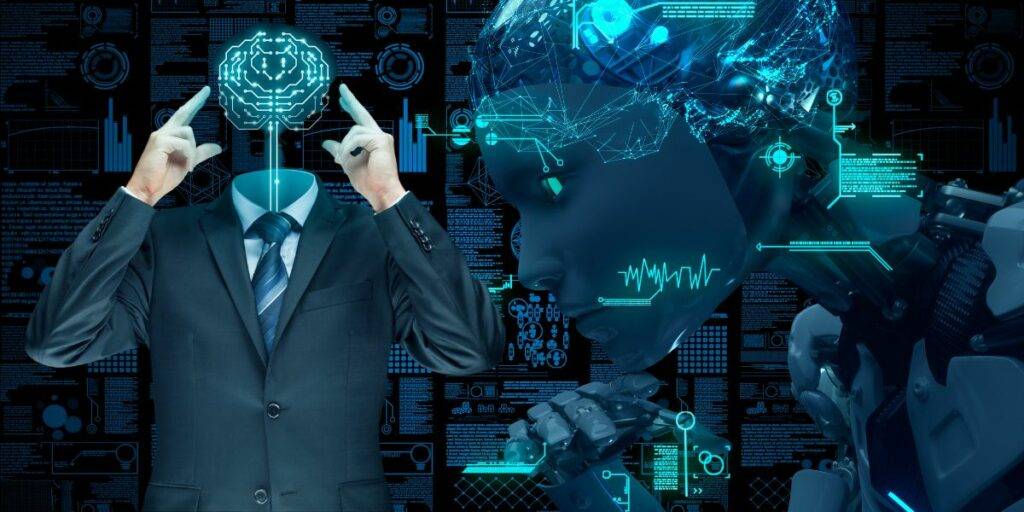Introduction
Undoubtfully, many jobs disrupted by AI is inevitable in the near future. The use of Artificial Intelligence (AI) has been increasing in recent years, and it is projected to continue growing in the future. This technology has the potential to transform various industries, including finance, healthcare, transportation, manufacturing, and more. The advancements made in AI have enabled machines to perform tasks that were once performed solely by humans, such as decision-making, problem-solving, and data analysis. As a result, AI is changing the job market and creating new job opportunities and disrupting traditional jobs.
One of the most significant impacts of AI on the job market is the displacement of routine jobs. Routine jobs are those that involve repetitive tasks that can be automated. For instance, jobs in manufacturing, data entry, and customer service are at risk of being replaced by AI. Machines can perform these tasks more efficiently, accurately, and without fatigue, making them more cost-effective for businesses.
Another area where the jobs disrupted by AI is in the professional services sector. AI is being used to perform tasks such as document review, legal research, and contract analysis, which were once the exclusive domain of lawyers and paralegals. As a result, the demand for these professionals is decreasing, and their roles are shifting to more strategic and creative tasks.
The use of AI in the financial industry is also disrupting traditional roles. AI-powered chatbots and virtual assistants are replacing human customer service representatives in banks and insurance companies. Additionally, AI is being used for fraud detection, risk analysis, and investment management, which were once performed by humans.
Table of Contents
1. Manufacturing Jobs
Manufacturing jobs are at the forefront of AI disruption. AI-powered robots are replacing human workers in factories, performing tasks such as assembly, packaging, and quality control. According to a report by the World Economic Forum, by 2025, machines will perform more tasks than humans in the workplace.
2. Transportation Jobs
Transportation jobs are also at risk of being disrupted by AI. Self-driving cars and trucks are becoming a reality, and they have the potential to replace human drivers. This could lead to job losses in the transportation industry, including taxi and truck drivers.
3. Customer Service Jobs
Customer service jobs are also vulnerable to AI disruption. Chatbots and virtual assistants are becoming increasingly popular, and they can handle customer inquiries and complaints without the need for human intervention. This could lead to job losses in call centers and customer service departments.
4. Data Entry Jobs
Data entry jobs are also at risk of being disrupted by AI. AI-powered software can automate data entry tasks, reducing the need for human workers. This could lead to job losses in industries such as finance, healthcare, and retail.
5. Accounting and Finance Jobs
Accounting and finance jobs are also vulnerable to AI disruption. AI-powered software can automate tasks such as bookkeeping, tax preparation, and financial analysis. This could lead to job losses in the accounting and finance industry.
6. Legal Jobs
Legal jobs are also at risk of being disrupted by AI. AI-powered software can analyze legal documents, conduct legal research, and even predict the outcome of legal cases. This could lead to job losses in the legal industry, including paralegals and legal assistants.
7. Journalism Jobs
Journalism jobs are also vulnerable to AI disruption. AI-powered software can write news articles and reports, reducing the need for human journalists. This could lead to job losses in the journalism industry.
Conclusion
AI is transforming the job market, creating new job opportunities and disrupting traditional jobs. While some jobs are more vulnerable to AI disruption than others, it is important to remember that AI is not a replacement for human workers. Instead, it is a tool that can help us work more efficiently and effectively. As AI continues to evolve, it is important for workers to adapt and develop new skills to stay relevant in the job market.


